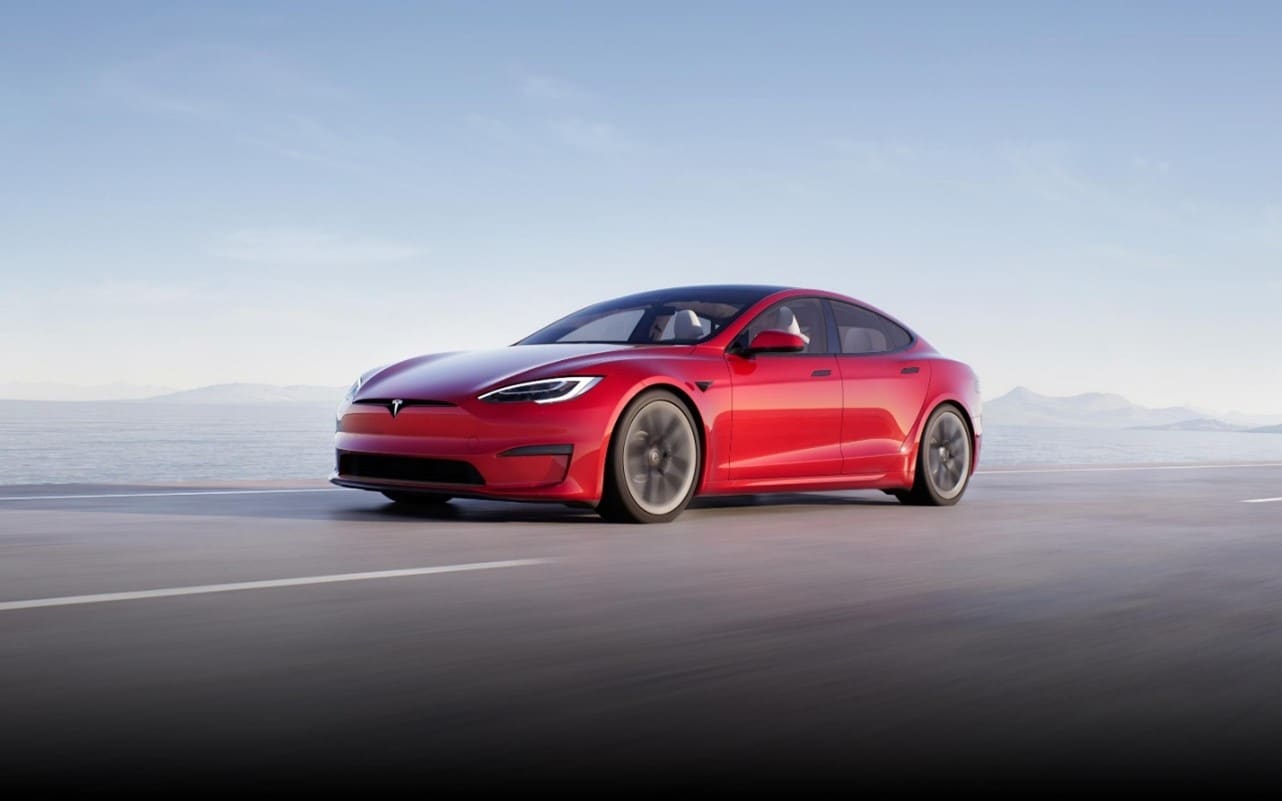The government says there’s provision for locally assembling vehicles in India, which is the norm followed by several mainstream luxury carmakers in the country.

Elon Musk first announced his plans to bring Tesla to India in 2019
For those waiting to see Tesla’s electric cars in India will have to wait a little longer, or so it seems. Tesla co-founder Elon Musk has been requesting for tax breaks on its electric cars and the Indian government seems to be in no mood to budge. Instead, the government says there’s provision for locally assembling vehicles in India, which is the norm followed by several mainstream luxury carmakers in the country.
“We looked at whether the duties need to be re-jigged, but some domestic production is happening and some investments have come in with the current tariff structure,” Vivek Johri, chairman of the Central Board of Indirect Taxes and Customs, said in an interview, according to a recent report. “So, it is clear that this is not a hindrance.”

Tesla has quite the following in India but it’s premium positioning means sales will be in limited numbers
Prime Minister Narendra Modi’s administration has encouraged Tesla to produce locally. However, Musk wants India to lower taxes as high as 100 per cent on imported EVs. This, Musk says will enable the company to first sell vehicles built elsewhere at competitive prices. However, it levies import duties of between 15-30 per cent on parts shipped for assembly.
The report further states that Tesla has yet to present a plan for local manufacturing and procurement from India, even after the government asked for it, Johri said. The federal budget earlier this week didn’t mention any tax breaks for cleaner but imported vehicles, even though the western state of Maharashtra — home to financial capital Mumbai — publicly backed Tesla’s demands.
Politicians from at least five Indian states have invited Tesla to set up shop in their provinces after Musk said last month the U.S. electric-vehicle pioneer was still facing a lot of challenges with the federal government. India has asked Tesla to consider importing so-called knocked-down units or partially built vehicles, which attract a lower import levy, instead of fully-built units.
Tesla should follow the lead of domestic companies like Mahindra & Mahindra Ltd. and Tata Motors Ltd., which are investing in building local capacity for electric vehicles, Johri said. “There are others importing completely built units. That route is open,” he said.
Tesla’s requests also come at a time when legacy players like Mercedes-Benz have announced locally assembling electric cars in the country. The automaker will locally assemble the EQS later this year. Moreover, mass-market players like Maruti Suzuki and Hyundai are also reportedly working on accessible electric vehicles catering to Indian buyers. At present, the EV segment accounts for less than one per cent of the total automobile sales. However, the number is slowly and surely set to increase.
The report further states Tesla first disclosed definite intent of entering India as early as 2019, but Musk said local rules prohibit him from testing the waters first with imports, as high duties make Tesla cars “unaffordable.” In October, an Indian minister said he had asked Tesla to avoid selling China-made cars in the country, and urged the automaker to manufacture, sell and export vehicles from a local factory.
0 Comments
“Some investment has already come in with the current tariff structure. So why can’t others also come in?” Johri said. “There are other foreign brands also which are being sold in the country with the current tariff structure.”
For the latest auto news and reviews, follow carandbike.com on Twitter, Facebook, and subscribe to our YouTube channel.